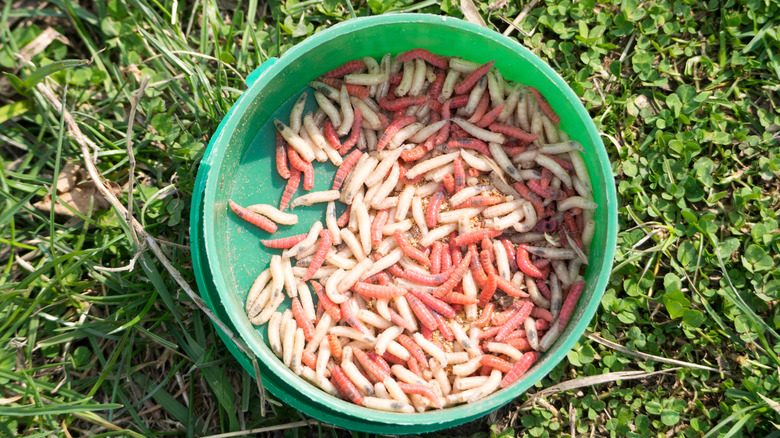Today's Wordle Answer #625 - March 6, 2023 Solution And Hints
It's the end of the first week in March, and we hope you've succeeded in keeping your streak alive throughout. Yesterday's answer might have been a tricky one to figure out, but we can assure you that you're holding today's answer in the palm of your hand.
The word is the name of one of the 10 digits on your hand, and it's made up of letters that shouldn't be too difficult to guess. Regardless, you only get six tries per Wordle; it's important to make every guess count so that you can crack the code before you run out of attempts. To help you do just that, we'll share hints and pointers that should make the answer word clear to you, and if you don't want to do the head-scratching, you can just skip ahead to the second section for the reveal.
The word of the day is a noun that can also double as an adjective. It has only one vowel, I, and there are no repeated letters. It also contains K as its fourth letter, and it almost rhymes with "dinghy." It describes something that's a similar shade to a color many people associate with femininity or the smallest finger on your hand.
The answer is bait
If you're unsure, the answer to today's Wordle puzzle (#625 — March 6, 2023) is pinky. You know it as the name of the little finger on your hand (although the more popular spelling is "pinkie"), and it also describes the maggot of the greenbottle fly typically used as fishing bait. It used to mean "cheap, homemade wine," as well, but that usage is now outdated.
In its meaning as "little finger," the word is from the Dutch "pinkje," a diminutive of "pink," which means short or narrow. That's as far as Etymonline documents on the origin of the word, though — its earlier history is uncertain. As for the color pink, the word is derived from the common name of Dianthus, a garden plant of various colors, including the highly luminous pale red we know as pink today. Its origin is also uncertain, but Etymonline documents that it's possibly from the verb "pungde," which means to perforate or puncture with a pointy tool because the Dianthus has perforated or scalloped petals.
Another possibility is that it is from the Dutch "pinkje," which we mentioned above, but from a variant term "pinck oogen," which literally means "small eyes," and may have been used as a name for Dianthus because the plant sometimes had small dots that looked like eyes. We hope you turn your tiles green in time to earn some bragging rights among your friends, and if you're in the mood for more challenges, here are more games like Wordle to tease your brain with.

